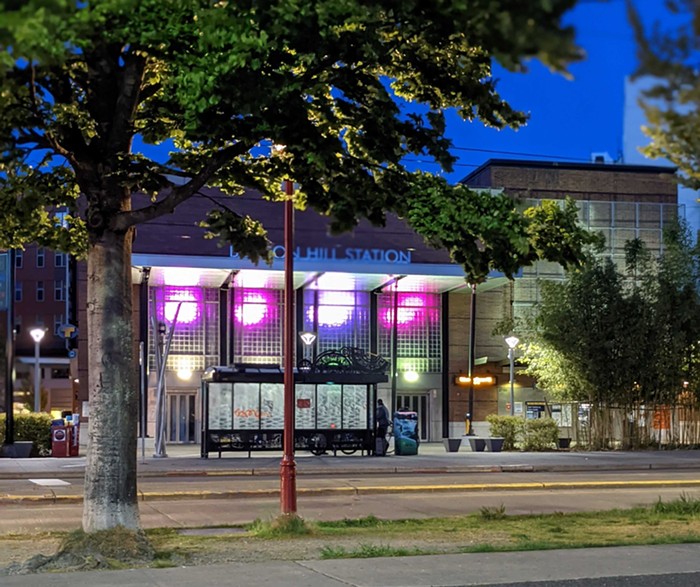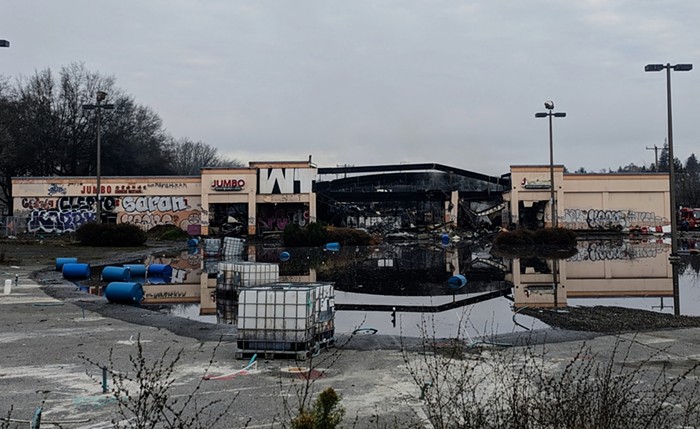
When I visited Bologna in 2013, I, after drinking at some small bar/cafe, chanced to come across the remains of a 16th-century Jewish ghetto. It was starkly different from any other part of the city. It was as if there were no streets. Only alleys. Life was squeezed into a very small area. I recall recalling with horror the words the British economist John Maynard Keynes used to describe Harry Dexter White, a brilliant Jewish American economist and then the voice for a US state department that would shape global economics for 30 years: "The chap knows every rat run in his local ghetto, but it is difficult to persuade him to come out for a walk with us on the high ways of the world." Those words bit me. Keynes knew what he was saying, knew the history of his insult. It was all there in Bologna; an early Jewish ghetto. The rat run.
But weirdly, this socially produced monster, the ghetto, was, by an accident of history, also the future not only of the urbanist movement but the capitalocene city. If we are to live in any kind of future, we are going to have to live like this: the rat run—close to others, buildings climbing to the sky, streets with little room. And this brings me to the matter at hand. KIRO recently posted with some dismay that Seattle has "now has the tiniest apartments in the United States."
KIRO:
According to a study by RentCafe, Seattle boasts the tiniest apartments in the United States — an average apartment size of 711 square feet. That’s smaller than Manhattan, Los Angeles, and other major cities.
How did this happen? Apparently because of the sharp increase in micro-apartments. But why has this increase occurred? Because it's essentially the only way developers can provide affordable housing without incurring severe damage to all that matters to market economics—profits. These small apartments are still expensive but are cheaper than apartments that offer lots of space and, most importantly, a whole private kitchen. And here we see something wrong (the production of affordable housing by the private sector) that's turning into something that looks very much like the future way of life in a capitalocene city.
The accidental good is that these micro-apartments have eliminated a luxury that in itself makes no sense: the kitchen.
KIRO:
Another factor is that some developers have found a way around inclusionary zoning. The Puget Sound Business Journal reported that one Seattle developer has favored micro-apartments as a way of getting around Portland’s rules. Similar tactics have been used in Seattle. Basically, the company builds apartments without kitchens. Full kitchens are located in common areas. This allows for a lot more, smaller apartments to rent at lower prices.The developer would love to sell apartments with massive private kitchens and, thereby, make more money. But the policies have forced him/her to do something that, at once, keeps the profits flowing (the monster), and, as a byproduct, something that's right (the elimination of a costly luxury).
The fact that almost every apartment in this city has a kitchen is nothing but obscene and not at all sustainable. Kitchens, if they are in any kind of place, should mostly be shared. But best of all is that we eat in places that are built to prepare and serve food. Public places. The very idea of a kitchen in every apartment and house is, if given proper thought, just plain nuts. It's inefficient. And the way the climate catastrophe is unfolding, if any survival is possible (in the normal sense), it demands from every aspect of human life greater efficiency in real-world terms, and not those imagined by a market that's entire directed by fictitious capital.
The private kitchen is a monster of waste. Among other things, it occludes the relationship between what is wanted and not wanted. In an isolated kitchen, all that is not wanted simply ends up in the bin. Also, it is stupid that every apartment or house prepares its own meal for its own consumption. It doesn't take much thinking to appreciate this fact. Living in the capitalocene city will mean more of our daily activities occur in public or communal spaces.


















